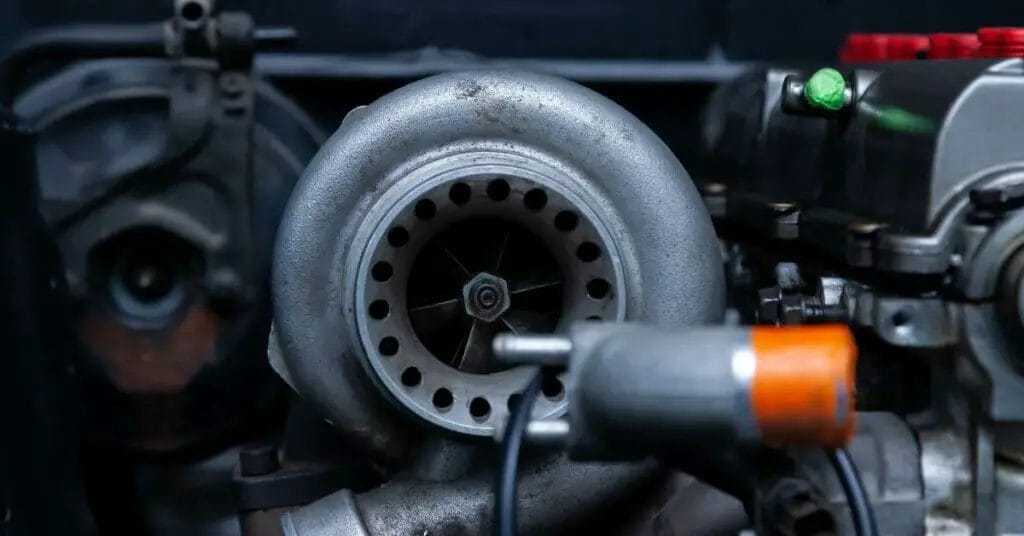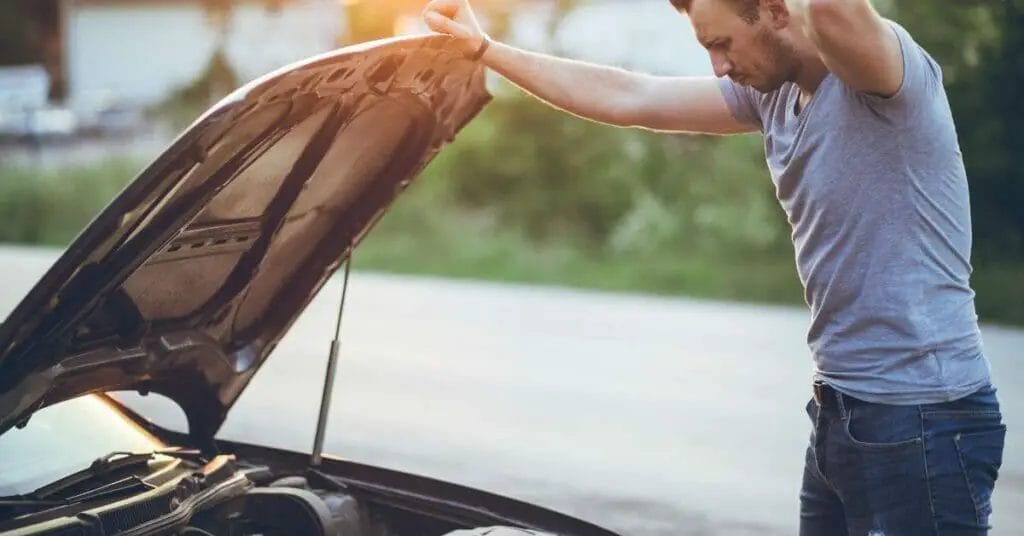Economic, small, and simple – that is what Corsa D is known for. It has a straightforward design and offers effortless maneuvering – and that’s why you love it.

However, this love can easily turn to hate when you hear constant mysterious noises when turning your Corsa D. Many Corsa D owners have encountered this issue, and it can be quite frustrating.
In this article, we’ll delve into the most common culprits and help you understand what might be going on under the hood of your Corsa D and shed some light on the possible causes behind these unsettling sounds.
Understanding the Corsa D
The Corsa D is a popular compact car known for its stylish design, fuel efficiency, and agile handling, it has gained a loyal following among car enthusiasts.
However, like any other vehicle, the Corsa D is not immune to mechanical issues, and one common problem that owners encounter is strange noises when turning.
These noises can range from squeaks and rattle to clunks and thuds, and they can occur during slow-speed maneuvers or even at higher speeds.
Types of noises when turning
When it comes to noises when turning your Corsa D, there are several different types that you might encounter. Understanding these Corsa D noises can help you diagnose the problem more accurately.
The most common types of noises include squeaking, grinding, clicking, clunking, and knocking sounds.
- Squeaking noises are often associated with worn-out suspension components or dried-out bushings.
- Grinding noises can indicate issues with the wheel bearings or the CV joints. Clicking sounds are commonly caused by problems with the power steering system or the steering column.
- Clunking noises usually point to worn-out suspension components or loose steering parts.
- Knocking sounds can be a sign of more serious issues, such as a failing CV joint or a damaged wheel bearing.

Possible causes of noises when turning
From worn-out suspension components to faulty power steering systems, there are several factors that could be contributing to the noise.
Faulty power steering system
One of the primary culprits behind noises when turning your Corsa D is a faulty power steering system.
The power steering system assists in turning the wheels smoothly and effortlessly, but if it is not functioning properly, it can produce various sounds.
A common cause of noise is low-power steering fluid, which leads to air getting trapped in the system. This air can cause a whining or groaning noise when you turn the steering wheel.
Another possible cause is a failing power steering pump, which can produce a loud whining noise or a grinding sound.
Worn-out suspension components
Another common cause of noises when turning your Corsa D is worn-out suspension components.
The suspension system is responsible for providing a smooth and comfortable ride by absorbing bumps and vibrations.
Over time, the various components of the suspension system, such as the control arms, bushings, and ball joints, can wear out and become loose.
This can result in clunking or knocking noises when you turn the steering wheel, especially over uneven surfaces or when going over speed bumps.
Issues with the wheel bearings
Wheel bearings are crucial for the smooth rotation of the wheels. However, they can wear out over time due to factors like lack of lubrication or excessive heat.
When wheel bearings become worn or damaged, they can produce a grinding or humming noise, especially when turning. The noise may vary depending on the severity of the damage.
It’s essential to address any issues with the wheel bearings promptly to prevent further damage and ensure your safety on the road.
Problems with the CV joints
CV (constant velocity) joints are an integral part of the drivetrain, allowing the wheels to receive power from the engine while maintaining flexibility during turns. However, CV joints can wear out over time, leading to noise when turning.
A common symptom of a failing CV joint is a clicking or popping sound, especially when making tight turns. This noise is often more noticeable when turning at low speeds.
Other potential causes
While the above-mentioned causes are the most common culprits behind noises when turning your Corsa D, there can be other factors at play as well.
Loose or damaged steering components, such as tie rods or steering rack mounts, can produce clunking or knocking noises.
Misaligned wheels can also cause noise when turning, as the tires may scrub against the road surface at an incorrect angle.
Additionally, worn-out brake components, such as brake pads or rotors, can produce grinding or squeaking sounds, especially when turning.
How to diagnose the source of the noise
Diagnosing the source of the noise when turning your Corsa D can be a bit challenging, especially if you’re not familiar with automotive mechanics.
However, there are a few steps you can take to narrow down the possibilities and identify the culprit.
- Start by paying close attention to the noise and noting any specific patterns, such as when it occurs or when it’s most noticeable.
- Next, try to replicate the noise by turning the steering wheel at different speeds and angles.
- Listen for any changes in the sound or if it becomes more pronounced when applying the brakes. If possible, have someone else drive the vehicle while you listen for the noise from the passenger seat.
- Once you have gathered as much information as possible, it’s best to consult with a qualified mechanic who can perform a thorough inspection and diagnostic tests to pinpoint the exact cause of the noise.

Steps to fix the noise issue
Fixing the noise issue when turning your Corsa D will depend on the specific cause of the problem.
- If the noise is due to a faulty power steering system, the first step is to check the power steering fluid level and top it up if necessary.
- If the fluid level is fine, it’s recommended to have the power steering system inspected by a professional to identify the underlying issue, such as a failing power steering pump or a leak in the system.
- Worn-out suspension components can be replaced to eliminate clunking or knocking noises. This typically involves replacing components like control arms, bushings, or ball joints.
- If the noise is caused by issues with the wheel bearings or CV joints, these parts will need to be replaced.
For other potential causes, such as loose steering components or misaligned wheels, the necessary adjustments or replacements should be made to resolve the issue. Always consult with a professional for accurate diagnosis and repairs.
Preventive measures to avoid future noise problems
While some causes of noises when turning your Corsa D are inevitable due to wear and tear, there are preventive measures you can take to minimize the risk of future noise problems.
Regular maintenance and inspections are key to identifying and addressing any issues before they become major problems.
Follow the recommended maintenance schedule outlined in your vehicle’s owner’s manual, which includes tasks like fluid checks and changes, tire rotations, and inspections of suspension and steering components.
Keeping your power steering fluid at the proper level and having it flushed periodically can help prevent issues with the power steering system.
Additionally, driving with care and avoiding rough roads or potholes can help reduce unnecessary stress on your vehicle’s suspension and steering components. By practicing these preventive measures, you can prolong the lifespan of your Corsa D and minimize the chances of encountering noise problems when turning.